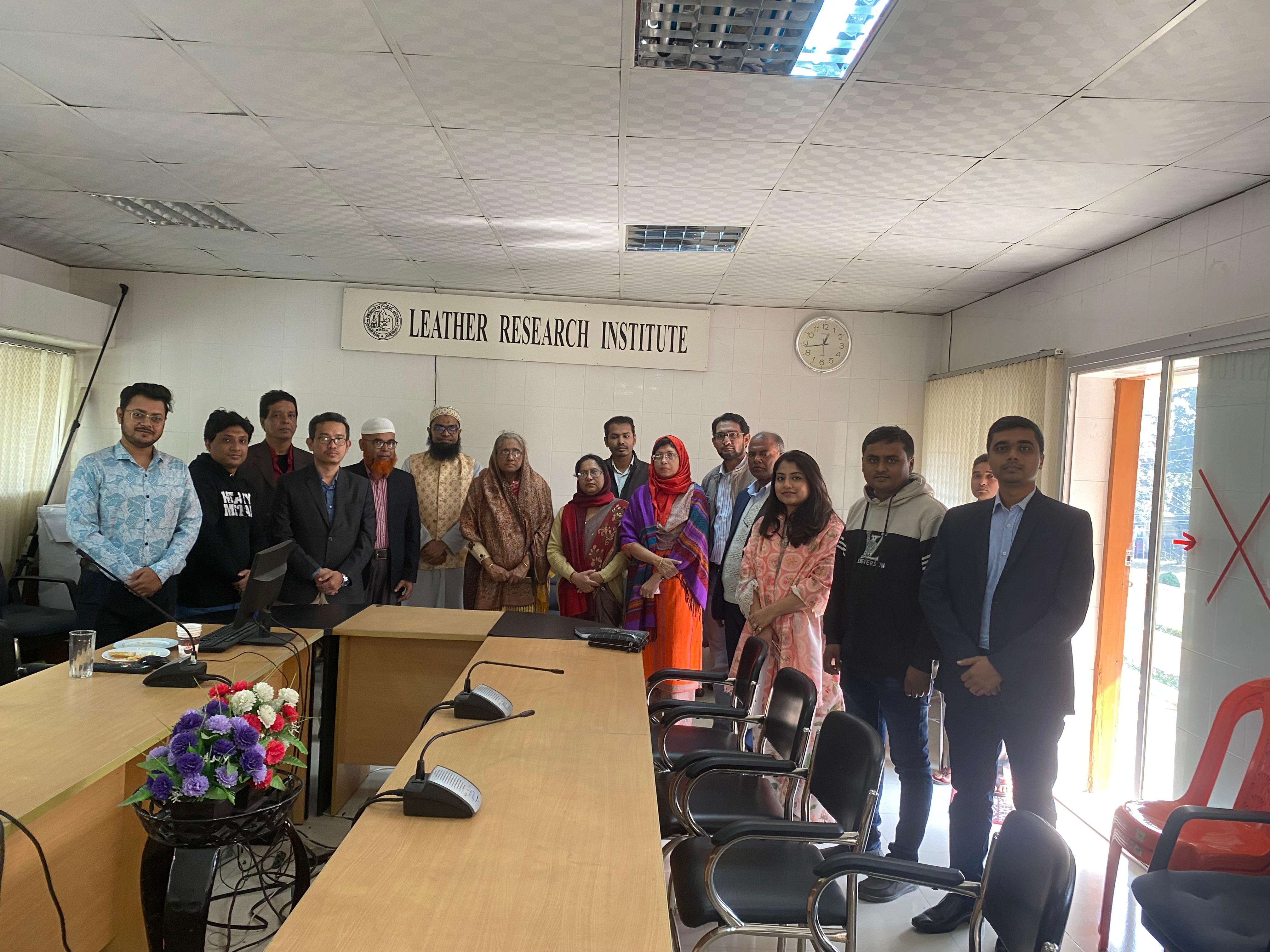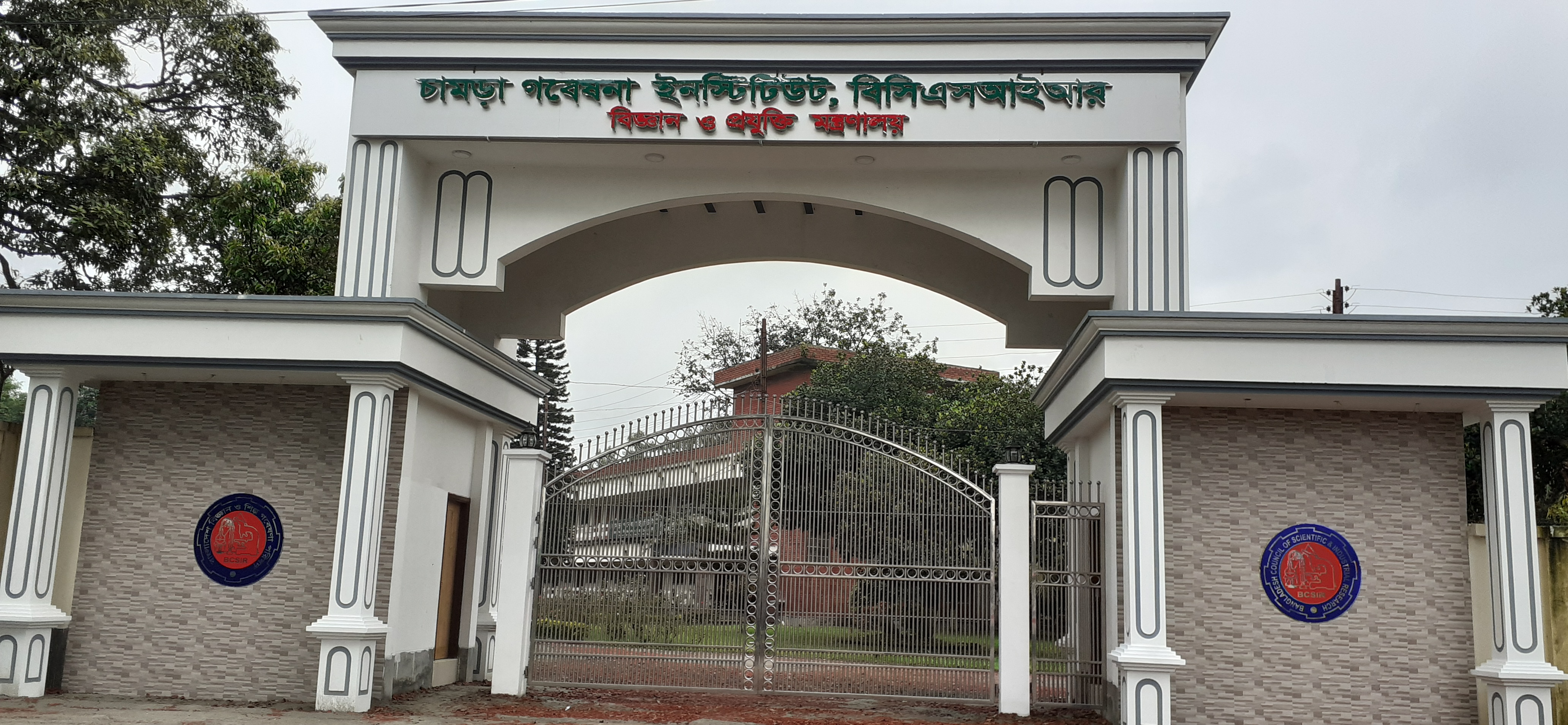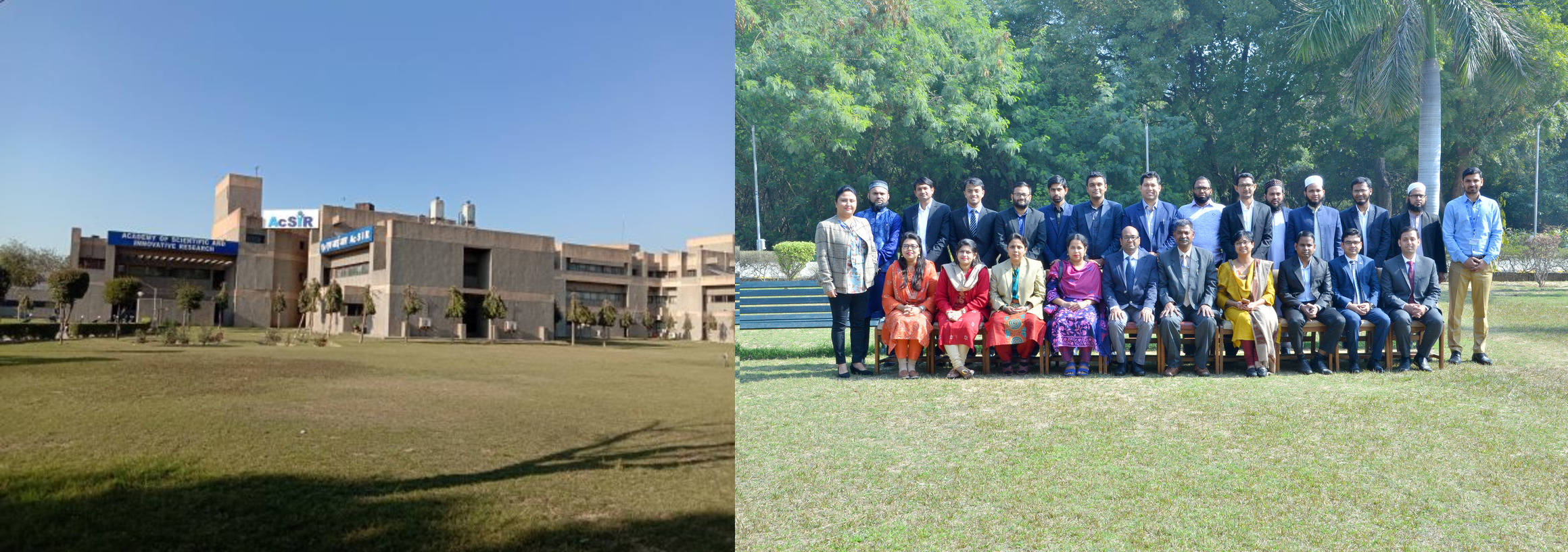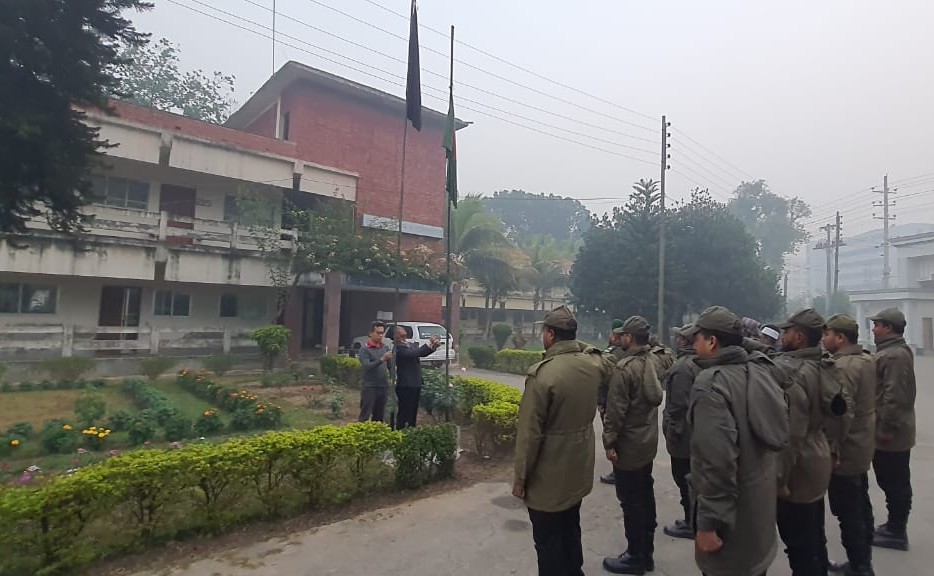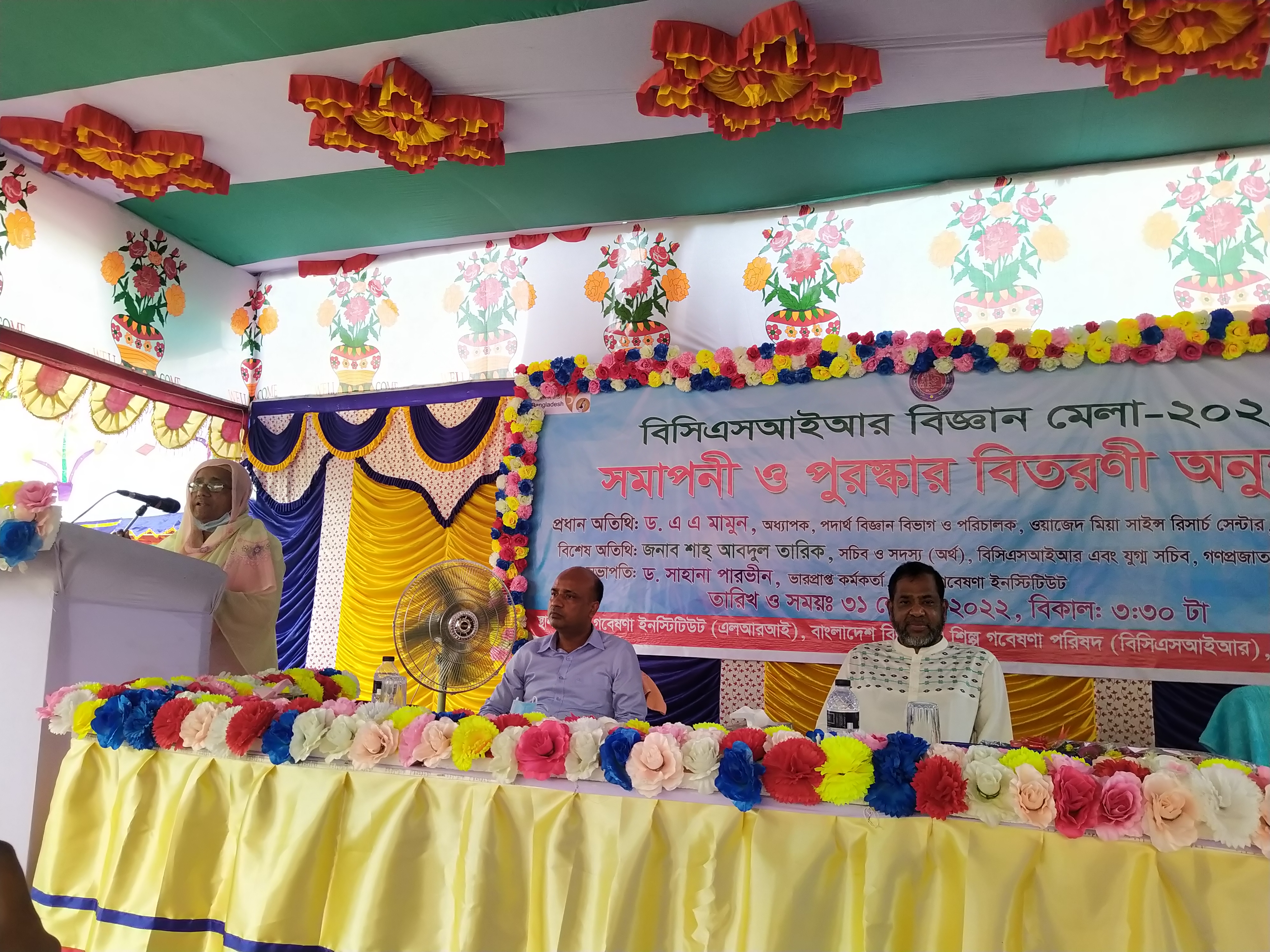Introduction
Leather Research Institute (LRI) is the only government oriented R&D organization of Bangladesh, is playing its role since 2000. The Institute has six research divisions and twelve sections comprising of modern equipment to carry out research and development program for finding innovation in leather processing technology, developing cost effective chemicals and novel environmental technologies, creative designing of leather products, utilization of slaughter house by-products and tannery wastes. Since its inception a good number of processes have been developed and is ready for leased out to the entrepreneurs. The Institute also renders technical services to the industrialist to solve their specific industrial problems. Institutional Activities are to carry out advance research in the field of leather, footwear and leather products and to develop newer technologies for export oriented industries; to conduct research on leather processing technology for improving the quality of leathers; to undertake research in developing cleaner leather processing technology with a view to reduce effluent load; to promote the use of eco-friendly chemicals in leather industries; to develop leather processing chemicals and auxiliaries from indigenous raw materials; to utilize animal by-products and tannery wastes for waste management in leather industries; to render analytical and testing services to tanning and leather products industries for their raw materials and finished products; to provide consultancy and technical assistance to local leather industries based on specific nature of assignment ; to provide training to the people engaged in leather sector in developing their technological knowledge; to bring out publications including books, newsletters, monographs and to disseminate the results and findings of various researches; to undertake collaborative research with scientists in both national and international organizations to share knowledge, innovation and experience; to enhance public awareness and to influence policy decisions through information dissemination, policy dialogue, advocacy, networking, training, workshop, seminar and symposium.

